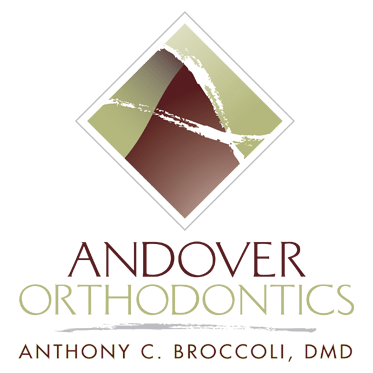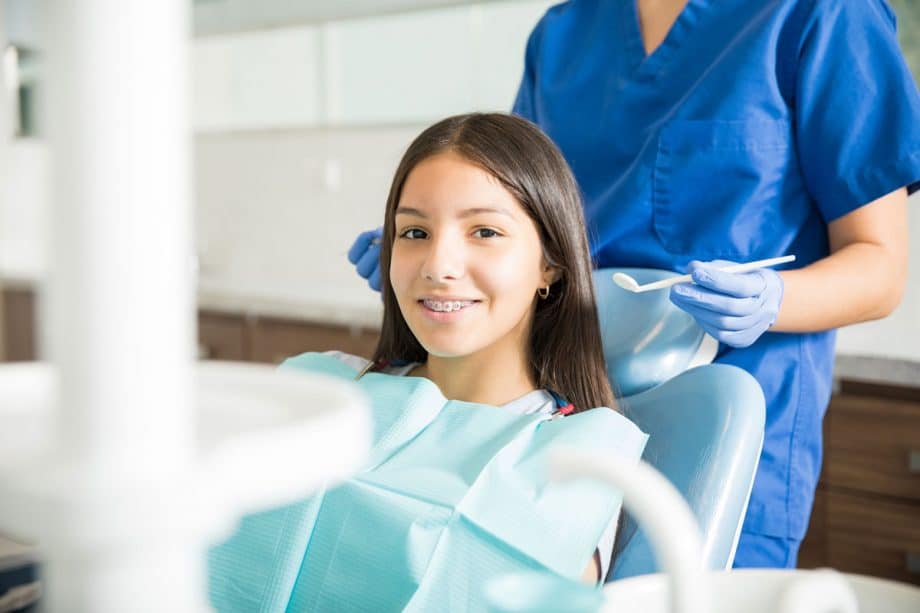Do you or your child require braces? The vast majority of people need some kind of orthodontic intervention during their lifetime, so you can rest assured you are on par with the norm.
Whether you’re considering braces or you’ve already scheduled an appointment, you probably have some questions about how the whole process works. Here are the top 10 questions people ask about braces.
- How much do braces cost? The average cost of braces is between $3,000 and $7,000, sometimes more, sometimes less. It depends on a variety of factors, such as your orthodontist, the type of braces you get, where you live, the extent of your treatment, and more. Your insurance plan may cover part of braces and financing options can help to make it more affordable.
- How long will treatment take? The average time in braces is 1-2 years. The exact time frame will depend on the extent of the corrections your teeth and bite require. Certain conditions such as impacted teeth can increase your treatment time. You may be able to choose a quicker treatment if you only want to fix a specific issue.
- Are clear braces as effective as metal braces? There are many different types of clear braces available. Clear ceramic brackets are similar to metal brackets and can be just as effective, however, they tend to be more fragile. Invisalign is another option that uses clear plastic aligners that are removable to move your teeth. Invisalign can be as effective as other types of braces depending on your orthodontic needs.
- Do clear braces cost more than metal braces? Some practices may charge a little more for clear ceramic brackets, but others allow you to choose the brackets you want without any change in the cost of treatment. Invisalign was once more expensive, but is now very comparable to the cost of metal braces, depending on the length and extent of treatment.
- Are braces painful? The answer to this question is really a matter of opinion. Most people experience some minor soreness after getting braces put on that can last a few days. A softer diet and an over the counter pain reliever is typically all that is needed. Some patients will feel a bit more discomfort after each adjustment. One of the biggest benefits of Invisalign is that the clear aligners shift the teeth more gradually and gently, reducing the amount of discomfort.
- What is the best age to get braces? It is usually recommended that young people get braces in adolescence, especially during puberty when the body experiences the most growth. This allows the teeth to be more easily shifted, and allows the orthodontist to take advantage of growth modification to improve the patient's bite. Adults can get braces too, and still experience effective results.
- How often will I need to visit the orthodontist? This depends on the type of braces that you get. For traditional metal or ceramic braces, you will probably go to the orthodontist for adjustments every 5-6 weeks. With Invisalign, you can be given multiple aligner trays to allow your visits to be more spaced out, such as around 8 weeks apart.
- How do I take care of my teeth while wearing braces? With Invisalign you simply remove your aligners and brush and floss like you always do. With metal or ceramic brackets, it is important to brush carefully around your braces to remove all food particles. Make sure to pay special attention to the gum line. To floss, you will need to thread your floss under the archwire between each tooth so that you can get in between your teeth effectively. All forms of braces cause an increased risk of cavities and gum disease, so it is important to follow good oral hygiene habits.
- What foods do I need to avoid? With Invisalign there is nothing you can’t eat, because you can remove your aligners. With metal and ceramic braces you will need to avoid biting into foods like hard, sticky, or chewy candy and avoid chewing ice.
- Will I need to wear retainers afterwards? Yes, retainers are necessary following braces to keep your teeth in the proper position. You will likely need to wear your retainers all the time for a few months, and then just at night for longer. Some orthodontists recommend wearing your retainers at night for the rest of your life for best results. Failing to wear your retainers could allow your teeth to shift back into their previous positions, leading to another round of braces.
Still Have More Questions? Ask Andover Orthodontics
If you have more questions about getting braces for yourself or your child, Andover Orthodontics is happy to help. We offer many different types of braces so you can choose one that fits your lifestyle.
Call 978-475-0450 or request an appointment today. We look forward to helping you or your child achieve a healthy, beautiful smile.



